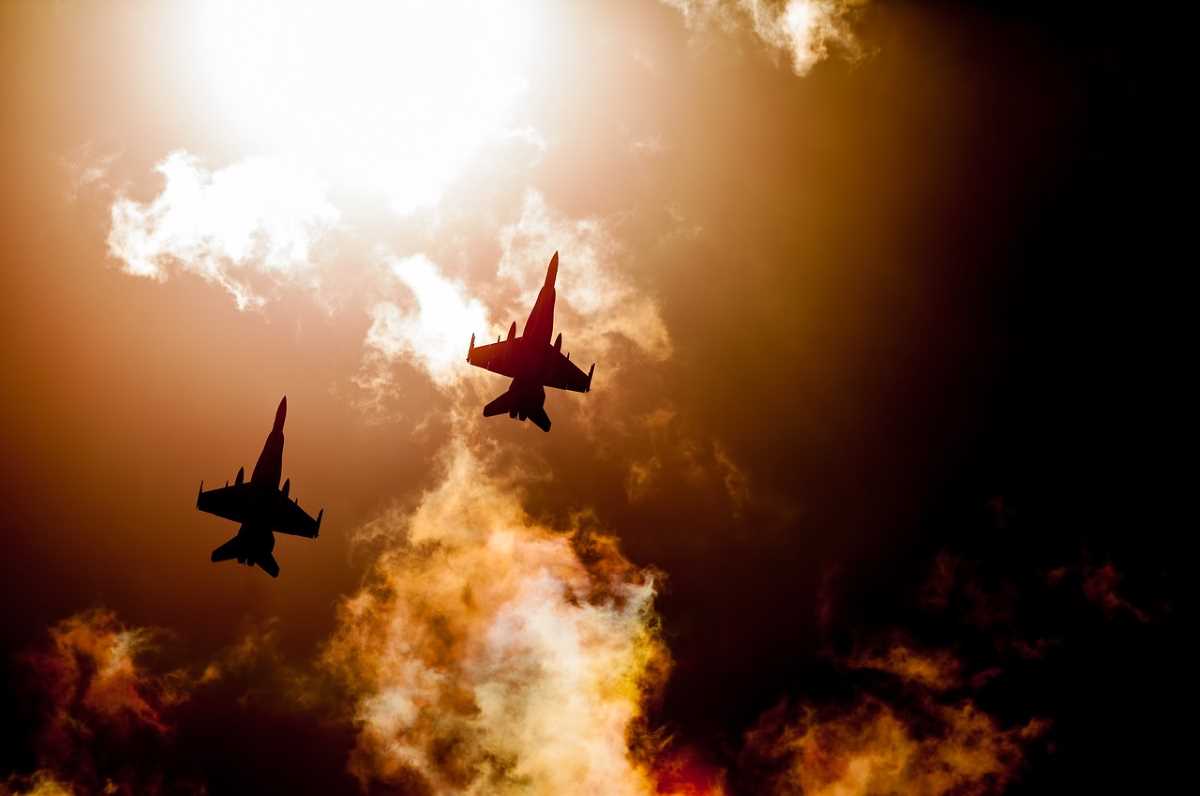How War Powers the US Economy Amidst Global Uncertainty
The U.S. counters economic recession through a historic strategy—fostering controlled war economies. A surge in GDP attributed to conflicts reveals a reliance on military spending, raising concerns about long-term consequences for humanity and the environment.

In the face of a looming economic recession, the United States has once again turned to a strategy that has historically shaped its economic landscape – leveraging controlled war economies. Arturo Ortiz Wadgymar, an academic at UNAM's Institute of Economic Research, sheds light on the government's approach during the XVIII International Seminar on World Economy 2023: Radical changes in the world: the fragmentation of the economy in crisis.
Ortiz Wadgymar contends that, to stave off recession, the U.S. government has historically supported regional conflicts, allowing it to boost public spending, increase internal demand, and bolster spending for military operations. This strategy includes the development of public spending on war materials, products, and technology, effectively steering the economic cycle towards expansion rather than recession.




